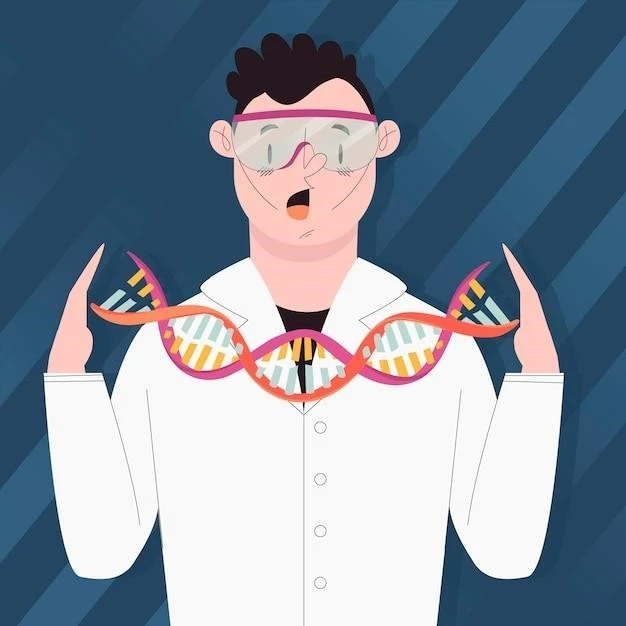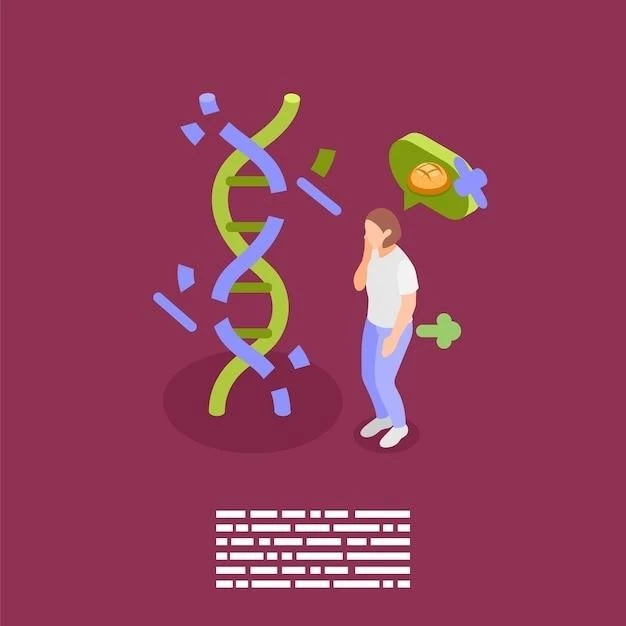Understanding Monosomy 3q21-23
Learn about the genetic condition Monosomy 3q21-23 and its implications for individuals affected.
Definition and Causes of Monosomy 3q21-23
Monosomy 3q21-23 is a rare genetic condition characterized by the loss of genetic material in the long arm of chromosome 3. This deletion can result from chromosomal abnormalities during cell division or can be inherited from a parent with a balanced translocation involving chromosome 3. Understanding the specific genes affected by this deletion is crucial in determining the associated symptoms and potential treatment options.
Common Symptoms of Monosomy 3q21-23
Individuals with Monosomy 3q21-23 may experience a variety of symptoms including developmental delays, intellectual disabilities, distinctive facial features, congenital heart defects, and skeletal abnormalities. It is important to consult with a genetic counselor or healthcare provider for a comprehensive evaluation and to consider genetic testing to confirm the diagnosis. Early detection of these symptoms can lead to timely interventions and support services tailored to the individual’s needs.
Symptoms of Chromosome 3 Deletion
Explore the physical and developmental/cognitive symptoms associated with Chromosome 3 deletions.
Physical Symptoms
Physical symptoms of Chromosome 3 deletions may include facial abnormalities٫ growth delays٫ low muscle tone٫ heart defects٫ and kidney abnormalities. It’s essential to work closely with healthcare professionals to address these physical manifestations and consider appropriate medical interventions to optimize overall health and well-being.
Developmental and Cognitive Symptoms
Individuals with Chromosome 3 deletions may experience developmental delays, intellectual disabilities, learning difficulties, speech delays, and behavioral challenges. Early intervention services, educational support, and specialized therapies can help address these cognitive symptoms. Collaborating with a multidisciplinary team of healthcare providers can facilitate individualized care plans to promote optimal development and cognitive functioning.
Genetic Testing for Monosomy 3q21-23
Discover the role of genetic testing in diagnosing and understanding Monosomy 3q21-23.
Overview of Genetic Testing
Genetic testing for Monosomy 3q21-23 involves analyzing the individual’s chromosomes to identify any deletions or abnormalities in the specific region of chromosome 3. These tests can provide valuable information for diagnosis, prognosis, and personalized treatment planning. It is crucial to consult with a genetic counselor or healthcare provider to discuss the benefits, limitations, and implications of genetic testing for Monosomy 3q21-23.
Importance of Early Detection
Early detection of Monosomy 3q21-23 through genetic testing allows for timely interventions and access to supportive resources. Identifying this genetic abnormality early can lead to early intervention services, appropriate medical management, and access to specialized therapies. It also enables families to connect with support groups and build a strong network for emotional and practical assistance. Early detection plays a crucial role in improving outcomes and quality of life for individuals affected by Monosomy 3q21-23.
Treatment Options for Chromosome 3 Deletion
Explore medical interventions and therapies to address symptoms associated with Chromosome 3 deletions.
Medical Interventions
Medical interventions for Chromosome 3 deletions may involve treatments for associated health issues like heart defects, kidney abnormalities, and growth delays. Consult with a healthcare team to develop a comprehensive care plan addressing specific medical needs. Regular monitoring, surgeries, and medications tailored to individual requirements can help manage physical symptoms effectively. It’s essential to collaborate with specialists to ensure optimal outcomes and overall well-being.
Therapies and Supportive Care
Therapies and supportive care play a crucial role in managing developmental delays, learning difficulties, and behavioral challenges associated with Chromosome 3 deletions. Occupational therapy, speech therapy, educational support, and behavioral interventions can help individuals enhance their skills and independence. Additionally, access to supportive services like counseling, special education programs, and community resources can provide vital emotional and practical assistance for individuals and families navigating the challenges of Monosomy 3q21-23.
Coping Strategies for Monosomy 3q21-23 Diagnosis
Find ways to navigate and cope with the challenges that come with a Monosomy 3q21-23 diagnosis.
Emotional Support
Seeking emotional support from family, friends, or mental health professionals can help you navigate the emotional challenges that come with a Monosomy 3q21-23 diagnosis. Engaging in open communication, expressing feelings, and participating in support groups can provide a safe space to share experiences and receive encouragement. Remember, you are not alone, and accessing emotional support can aid in coping effectively with the emotional aspects of the diagnosis.
Building a Strong Support System
Building a strong support system is vital for individuals with Monosomy 3q21-23 and their families. Connecting with support groups, genetic counselors, and local resources can provide valuable information, empathy, and practical assistance. Establishing a network of understanding individuals who can offer emotional support, share experiences, and provide guidance can make a significant difference in coping with the challenges that come with Monosomy 3q21-23. Remember, you are not alone on this journey.

Research Advances in Chromosome 3 Abnormalities
Stay informed about the latest studies and findings regarding Chromosome 3 abnormalities for insights into potential advancements.
Current Studies and Findings
Keep up to date with current studies and findings on Chromosome 3 abnormalities to understand potential breakthroughs and progress in research. Staying informed about the latest research can provide valuable insights into emerging treatment options, genetic discoveries, and advancements in care practices for individuals with Chromosome 3 abnormalities. Utilize this knowledge to make informed decisions and advocate effectively for improved support and resources in managing Monosomy 3q21-23.
Importance of Genetic Research
Understanding the significance of genetic research in Chromosome 3 abnormalities is crucial for advancements in diagnosis, treatment, and support strategies. Genetic research provides valuable insights into the underlying causes and mechanisms of Monosomy 3q21-23, paving the way for targeted therapies and personalized care approaches. By supporting and participating in genetic research initiatives, individuals, families, and healthcare professionals can contribute to enhancing the quality of life and outcomes for those affected by Chromosome 3 deletions.
Support Groups for Individuals with Monosomy 3q21-23
Discover the benefits of joining support groups for individuals affected by Monosomy 3q21-23.
Benefits of Joining Support Groups
Joining support groups for Monosomy 3q21-23 provides a sense of community, shared experiences, emotional validation, and practical advice. Connecting with individuals facing similar challenges fosters understanding, empowerment, and friendship. Support groups offer a platform to exchange coping strategies, access valuable resources, and gain emotional support. By participating in support groups, individuals and families impacted by Monosomy 3q21-23 can navigate their journey with solidarity and strength.
Online and Local Resources
Access online platforms and local resources for information, educational materials, and community support related to Monosomy 3q21-23. Online resources offer convenience, networking opportunities, and updated information, while local resources provide personalized assistance, face-to-face interactions, and access to local services. Utilizing both online and local resources can enhance your understanding of Monosomy 3q21-23, connect you with relevant support services, and empower you to navigate the challenges associated with this genetic condition effectively.
Lifestyle Recommendations for Chromosome 3 Deletion
Explore healthy living habits and create a structured routine to support individuals with Chromosome 3 deletions.
Healthy Living Habits
Embrace a healthy lifestyle with nutritious diet choices, regular physical activity, sufficient rest, and stress management techniques for individuals with Chromosome 3 deletions. Prioritizing overall well-being contributes to physical health, mental well-being, and quality of life. Consult healthcare professionals for personalized recommendations and incorporate healthy habits into daily routines to promote optimal health outcomes and enhance resilience in managing the challenges associated with Chromosome 3 deletions.
Creating a Structured Routine
Establishing a structured routine can provide stability, predictability, and organization for individuals with Chromosome 3 deletions. Incorporate daily schedules, consistent bedtime routines, and structured activities to promote a sense of security and support overall development. A structured routine can help manage time effectively, reduce stress, and enhance productivity. Tailor the routine to individual needs and preferences while ensuring a balanced approach to daily activities, therapies, and rest for optimal well-being and quality of life.
